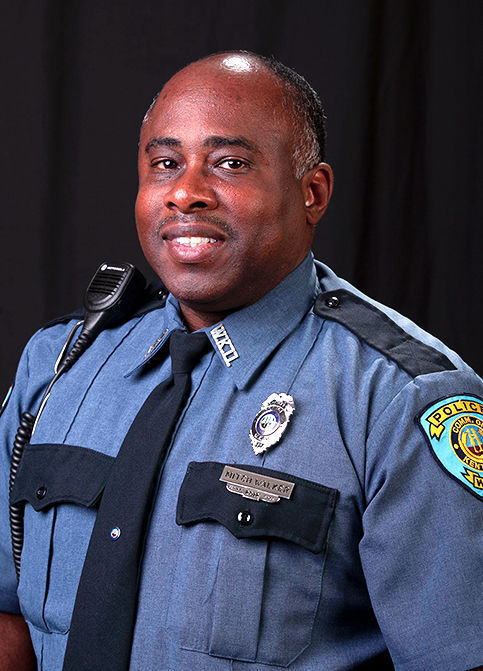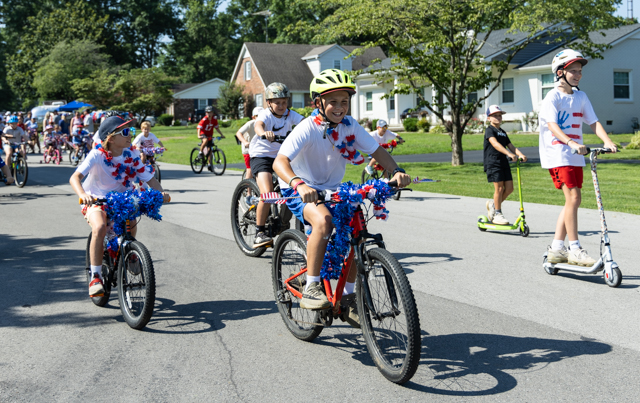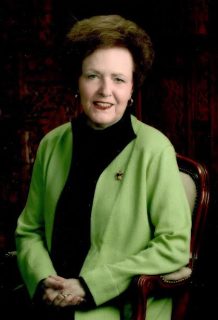WKU debuts new reporting tool for discrimination
Published 8:00 am Friday, March 10, 2017

- Mitch Walker
A new online tool will be introduced next semester that allows Western Kentucky University students to report instances of prejudice and hate on campus.
Lynne Holland, WKU’s dean of students and chief diversity officer, said the tool grew out of her conversations with students who didn’t know how to report prejudice or discrimination.
“I wanted to streamline the process for them so that they are very clear in knowing what to do,” Holland said in an interview.
The tool, called Bias Incident Reporting, will be an online portal available on WKU’s website. It will allow students, faculty and staff to report incidents of bias or hate to a campus representative. Holland said the tool is currently going through a debugging process, but she anticipates it being available in the fall.
Last semester, an African-American student reported a racial epithet carved into her car and an African-American assistant dean complained about hateful messages slipped under her office door.
Holland said the new tool is not a response to those incidents.
“This is actually coming from conversations that I had with multiple student groups even before those incidents,” she said.
Mitch Walker, interim chief of the WKU Police Department, said the tool will be a positive addition to campus. “A lot of people, for whatever reason, they may not want to call the police,” Walker said. “This just gives them another avenue.”
Holland said the university’s response to the incident would vary depending on what was reported. Reports would initially come to her and could then be forwarded to the Office of Student Conduct if it was an incident between students or to campus police if it was a case of vandalism, for example.
Holland emphasized the revival of WKU’s Inter Group Dialogue program as another way to make campus more inclusive. Holland said the program features sessions that bring students of different backgrounds together for moderated discussions from a trained faculty or staff member or graduate students.
“It’s an opportunity for faculty, staff and students to just sit down and have conversations with each other,” she said, adding it satisfies students’ curiosity but also fosters respect.
The program brings together students of a particular identity, like those who are low-income, for example, and pairs them with students outside that group for a discussion guided by a facilitator, Holland said.
Holland said the program has been on a hiatus but will also be restarting in the fall.






